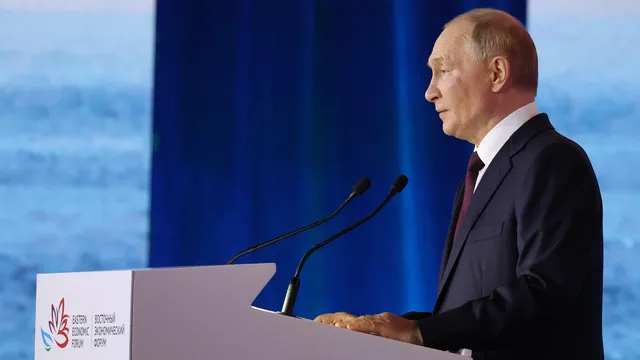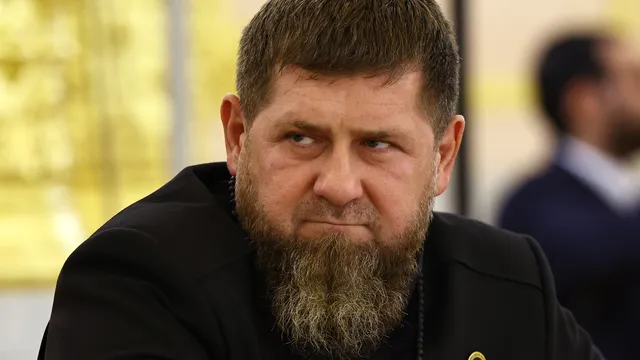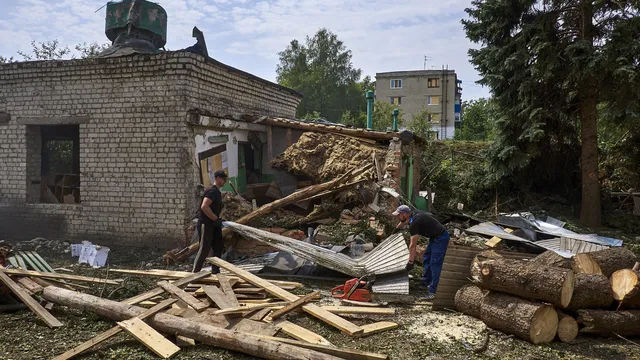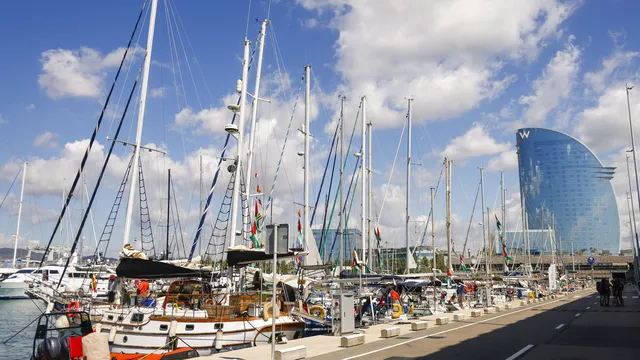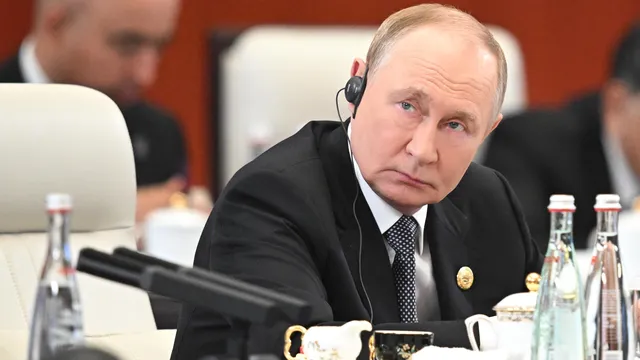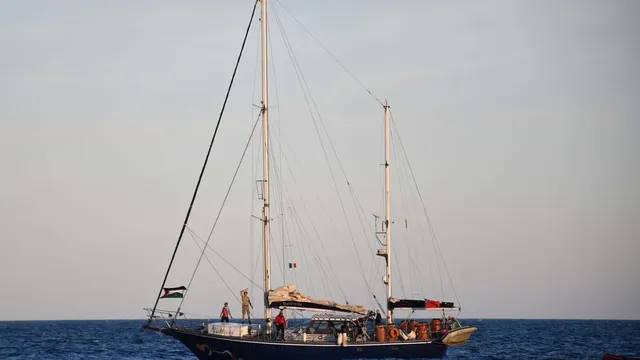"The United States has said that if Russia does not accept an unconditional ceasefire, there will be consequences. We want to see those consequences," she said shortly before the start of the EU defense ministers' meeting in Brussels.
Donald Trump announced that Russia and Ukraine would begin peace talks "immediately" after talks with Vladimir Putin, although the Russian leader rejected the US president's call for an unconditional ceasefire.
German Defense Minister Boris Pistorius said the conversation between the two leaders showed that Putin was "not sincerely interested in peace."
"He is not yet ready to make concessions and is only talking about a ceasefire on his terms," Pistorius said, as quoted by AFP.
German Chancellor Friedrich Merz said after a separate conversation between Trump and European leaders that the EU would "increase pressure" on Moscow through new sanctions.
Today, the EU will formally adopt a 17th round of sanctions against Moscow over its invasion of Ukraine, mainly targeting the "shady fleet" that Russia uses to circumvent restrictions on oil exports.
A new package of sanctions has already been proposed, but there are concerns that the EU has limited options to deal a serious blow to the Kremlin.
"We are continuing to work on the next strong package of sanctions to put more pressure on Russia so that it too wants peace," Kallas said.
"There are sanctions on oil price caps, energy, and also the banking sector—sanctions that will hit the Russian economy," she concluded. | BGNES
The EU expects a strong response from Washington if Moscow refuses a ceasefire
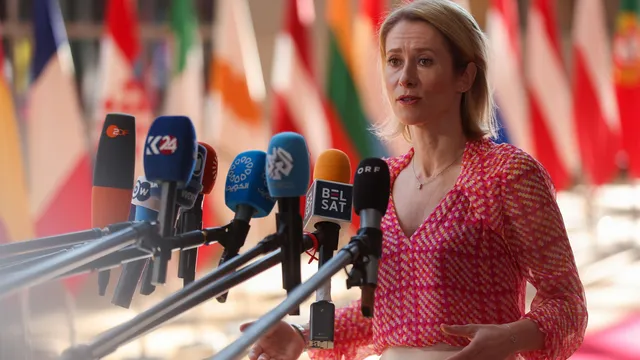
BGNES
The European Union expects a "strong response" from the US if Russia continues to refuse a ceasefire in Ukraine, said EU High Representative for Foreign Affairs Kaja Kallas.


 Breaking news
Breaking news
 Europe
Europe
 Bulgaria
Bulgaria
